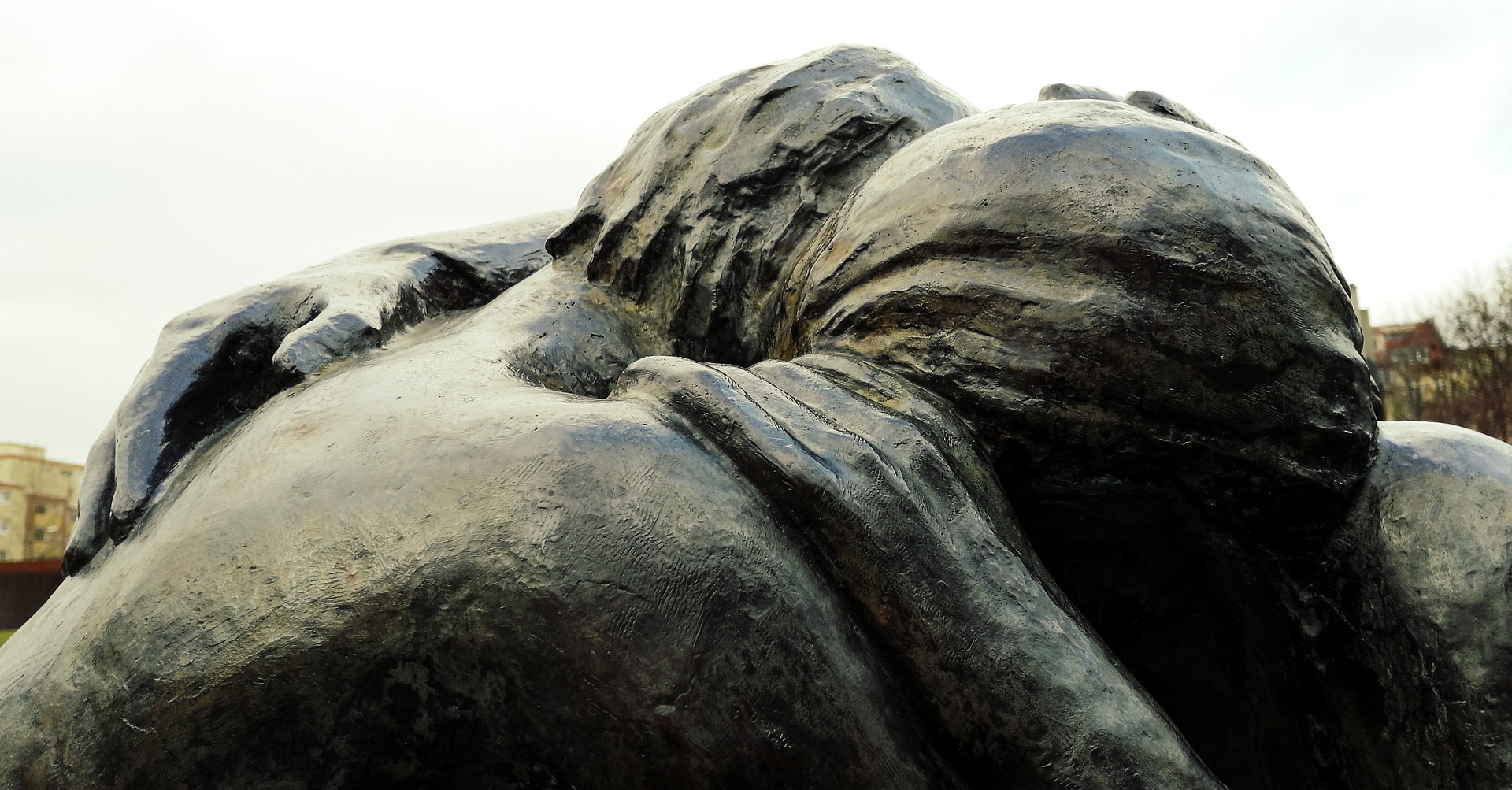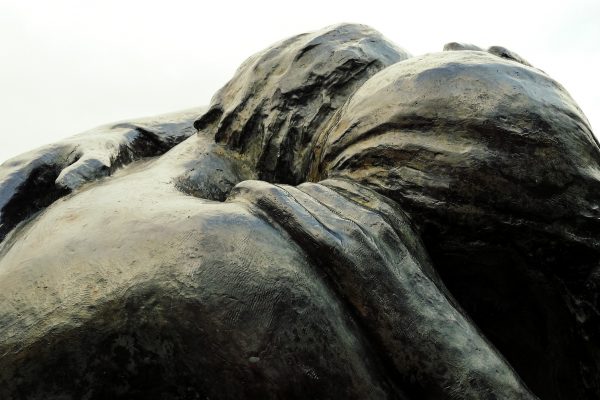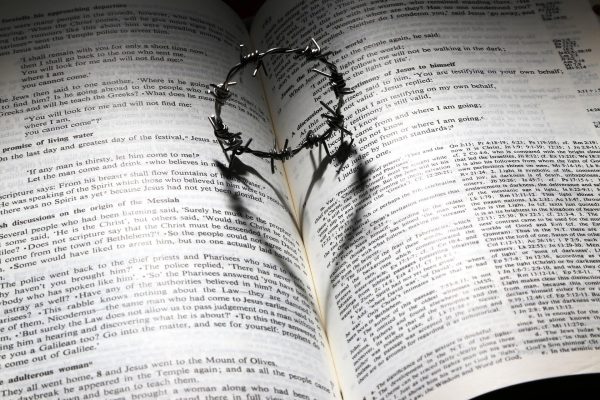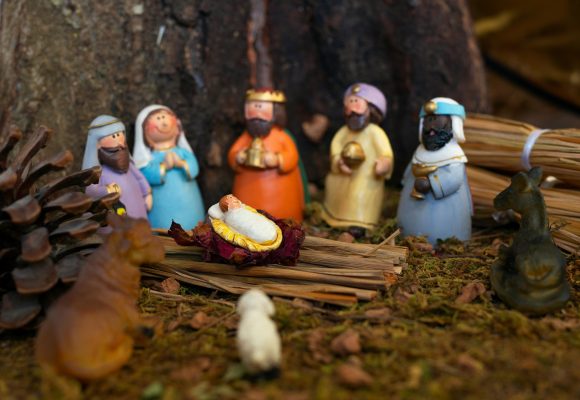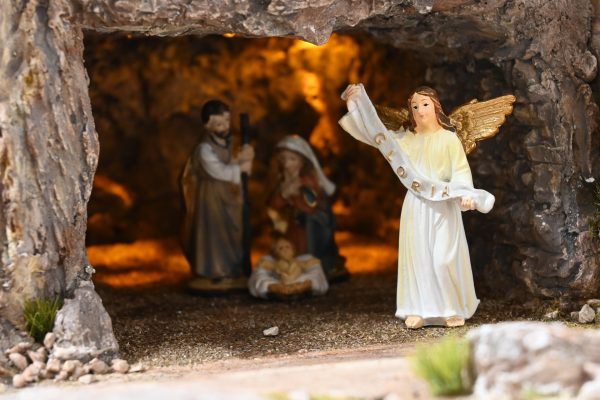Easter Eve’s Holy Week reflection by David Campbell on the subject of reconciliation.
Reconciliation
Romans 5:10
For if while we were enemies, we were reconciled to God through the death of his Son, much more surely, having been reconciled, will we be saved by his life.
Matthew 5:20-24
You have heard that it was said to those of ancient times, “You shall not murder”; and “whoever murders shall be liable to judgement.” But I say to you that if you are angry with a brother or sister, you will be liable to judgement; and if you insult a brother or sister, you will be liable to the council; and if you say, “You fool”, you will be liable to the hell of fire. So, when you are offering your gift at the altar, if you remember that your brother or sister has something against you, leave your gift there before the altar and go; first be reconciled to your brother or sister, and then come and offer your gift.
The theme of reconciliation runs long and deep through the Scriptures. It does so because in the salvation narrative as related by the Scriptures there is always a need for reconciliation to take place. That narrative extends from the Fall of Genesis 3 all the way through to the stories of disputes and resolutions of those who first followed the Way in the second half of the First Century.
Such reconciliation is two-fold. There is the reconciliation between humanity and God, the bridging of the gap, the re-admission to Eden, the restoration of perfection many Christians believe was effected by the death and resurrection of Jesus. Such reconciliation is the means by which we are brought back to relationship with God and it is therefore powerful and life-giving.
But there is also reconciliation needed between humans. All of us recognise the pain that comes with disputes and being at odds with others. We know the emotional uneasiness that can prevail, the suspicion of the other’s motivations, the challenge to speak, let alone come back together into a relationship. And yet in the reading from The Sermon on the Mount reconciliation is seen as itself a gateway to salvation.
To be reconciled means to move on from past wrongs and to embrace the unknown future as pilgrims on the way. Pilgrims with each other and with God. Of all the Christians of the past century, the one who understood the need for reconciliation most clearly was Desmond Tutu. May his words inspire us to take a first step on the road to a better tomorrow:
Forgiving and being reconciled to our enemies or our loved ones are not about pretending that things are other than they are. It is not about patting one another on the back and turning a blind eye to the wrong. True reconciliation exposes the awfulness, the abuse, the pain, the hurt, the truth. It could even sometimes make things worse. It is a risky undertaking, but in the end it is worthwhile, because in the end only an honest confrontation with reality can bring real healing.
